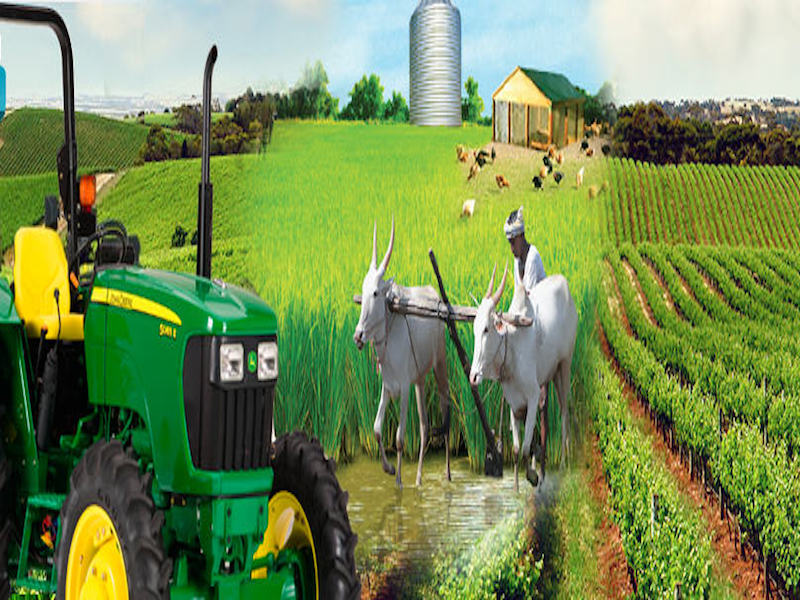The Minister of Livestock Development, Idi Maiha, stated that the federal government’s failure to revitalise the agriculture sector will continue to hinder its potential growth.
Speaking at the 22nd Daily Trust Annual Dialogue and Presentation of Daily Trust Unsung Heroes (2024), Maiha emphasised the need to move beyond abstract discussions and actively harness the sector’s potential.
He said, “We need to change the way we do things in the agricultural sector, for us to get a different outcome.”
Maiha explained that the current trend of producing only for family consumption with little left to sell can only be addressed through reforms aimed at fully utilising agricultural potential.
He stressed that implementing large-scale dry season farming is essential to tackling food shortages and improving affordability.
The minister also called for efforts to address recurring farmer-herder clashes, noting that his ministry is collaborating with stakeholders to resolve these issues in affected states.
The National President of the All Farmers Association of Nigeria (AFAN), Kabir Ibrahim, lamented the lack of tangible results in achieving food security despite various efforts.
Ibrahim attributed the challenges to the Russian-Ukraine war, which caused price hikes, and to flooding in parts of Nigeria.
He said, “As the population continues to grow, Nigeria needs to do more, including tackling insecurity, to be able to provide food for its population.”
Ibrahim urged the federal government to adopt successful agricultural models from other countries, citing Brazil’s emergency food production initiatives as an example.
Kabiru Yusuf, chairman of the Media Trust board of directors, painted a grim picture of food security in Nigeria.
In his speech themed “Food Security: Availability or Affordability,” Yusuf questioned why many citizens lack sufficient food despite ongoing efforts.
“Why are our citizens not having enough food to eat? This is why we are here. That is the question. Statistics in Nigeria paint a grim picture and anecdotal evidence. Look around you. We may change things we take for granted,” Yusuf said.
He added, “We have to look at this issue. How do we cross this divide, if it exists? I don’t know what the experts will say about availability or affordability. We are not producing enough because people cannot afford it.”












